Winter in Chicago means brutal cold, and that can spell trouble for your plumbing. Knowing how to prep your pipes for the season can save you a lot of money and hassle.
It’s all about a bit of awareness and some basic maintenance. Just a few practical steps can make a big difference when the wind starts howling off the lake.
1) Insulate exposed pipes with foam tubing to prevent freezing
Insulating pipes isn’t rocket science, but it’s one of the best defenses against freezing. Focus on pipes in unheated spots—think basements, garages, or crawl spaces.
You’ll find foam pipe insulation at any hardware store, and honestly, it’s pretty easy to use. Just measure, cut, and snap it on.
Need a Home Fix – Emergency or Routine?
From leaks and no-heat nights to simple tune-ups, our 24/7 hotline connects you with trusted local pros in minutes.
Make sure seams are snug so cold air can’t sneak in. Pay special attention to pipes near exterior walls or windows—those lose heat fast.
Check your insulation now and then, especially before winter. If you spot any gaps or worn-out foam, swap it out. Even a tiny opening can let in enough cold to freeze a pipe.
2) Drip faucets during extreme cold to keep water moving
When it’s freezing outside, water in your pipes can turn to ice in no time. Letting faucets drip a little helps keep things moving and lowers the chance of a freeze-up.
Just a slow, steady trickle is enough—especially for faucets on exterior walls or in cold rooms. Focus on the ones most likely to freeze.
If you’ve got separate hot and cold taps, open both a bit. For single-handle faucets, a slight drip will do. It’s not a huge water waste, and it’s way cheaper than fixing a burst pipe.
Keep an eye on things during cold snaps. If you catch a problem early, it’s a lot easier (and less expensive) to fix.
3) Seal gaps and cracks in exterior walls to reduce cold air exposure
Little cracks and gaps around your house let in more cold than you’d think. Pipes near those drafts are sitting ducks for a freeze.
Check where utility lines enter the house, and seal up any holes with weatherproof caulk or expanding foam. Bigger gaps might need more insulation or even a pro’s help.
Don’t forget window and door frames, or the foundation. Even tiny openings can chill things out fast.
In older Chicago homes, new gaps can pop up as things settle. Get in the habit of checking every year and fixing anything you find before winter hits.
4) Disconnect and drain outdoor hoses before winter onset
Leaving garden hoses hooked up in winter is asking for trouble. Water can freeze, back up, and crack your pipes.
Before the cold sets in, unhook every hose and drain it completely. Store them somewhere out of the elements—like the garage—so they don’t crack or stiffen.
Grab some outdoor faucet covers for extra protection. They’re cheap, easy to use, and really help keep those exterior pipes from freezing up.
5) Install a programmable thermostat to maintain consistent indoor temperatures
A programmable thermostat lets you set and forget your ideal temps. No more waking up to a freezing house (and frozen pipes).
Keeping things steady—especially overnight—protects your plumbing and saves energy. Most are easy to install, and you can tweak the schedule to fit your life.
Some thermostats even let you adjust temps from your phone. Handy if the weather turns nasty while you’re out.
Honestly, it’s a small investment for peace of mind. Chicago winters are no joke, and a little tech goes a long way toward keeping your pipes safe.
Understanding Chicago’s Winter Plumbing Challenges
Chicago’s winters are brutal, and that’s tough on plumbing. Subfreezing temps and all that lake effect snow add up to a real headache if you’re not prepared.
Common Hazards Posed by Extreme Cold
Once it drops below 32°F for a while, pipes start to get risky. Frozen water expands and puts serious pressure on the pipes—especially in unheated areas.
Burst pipes can lead to flooding and big repair bills. Metal pipes are extra vulnerable, so check those in garages or basements and slap on some insulation.
Old heating systems can struggle too, and that sometimes exposes weak spots in your plumbing. Water heaters and sump pumps get pushed hard, so give them a tune-up before the cold hits.
- Insulate exposed pipes with foam sleeves
- Let faucets drip during cold snaps
- Seal up foundation gaps to keep out drafts
Impact of Lake Michigan on Local Plumbing
Lake Michigan really messes with Chicago’s weather. The lake effect means colder temps, more snow, and lots of humidity—which can hide leaks until everything thaws out.
Wind chill from the lake makes it feel even colder, so pipes near exterior walls or drafty spots are at higher risk. If you live closer to the water, that extra moisture can speed up rust and corrosion in metal pipes.
City water mains have their own problems with freeze-thaw cycles, sometimes causing bursts and service interruptions. Staying on top of inspections and weatherproofing is just part of life here if you want to avoid surprises.
Professional Solutions for Persistent Plumbing Issues
If plumbing problems keep popping up in winter, it’s time to call a pro. Quick fixes and regular upkeep can keep your home safe from expensive cold-weather disasters.
When to Call a Licensed Plumber
Repeated leaks, freezing pipes, or low water pressure? That’s your cue to get a licensed plumber on the job. They’ve got the tools to find hidden issues and know what to look for.
If you notice weird noises, frost on pipes, or water stains on ceilings or walls, don’t wait. Call someone right away.
Anything involving gas lines, big clogs, or sewage backups is definitely not a DIY project. Licensed plumbers can tell you if you need new insulation, pipe replacement, or rerouting to avoid more problems. Emergency help is available in Chicago, and acting fast usually saves money and water.
Long-Term Preventive Strategies
Investing in preventive maintenance can save you a lot of hassle down the road. An annual inspection from a licensed plumber is a smart move—it helps spot worn seals, corroded pipes, or insulation issues before winter really hits.
Some key strategies worth thinking about:
- Pipe insulation: Add foam or fiberglass sleeves, especially in basements and attics where it gets coldest.
- Drain maintenance: Make a habit of clearing slow drains before they turn into bigger problems.
- Seal checks: Have a pro check pipe joints and entry points for sneaky air leaks.
If your place has older plumbing, it might be time to upgrade to modern materials that don’t freeze as easily. Licensed plumbers can suggest and install backup sump pumps or even smart leak detectors, which keep an eye on things when you can’t.
Honestly, for Chicago winters, having a plan—and some expert advice—makes all the difference.
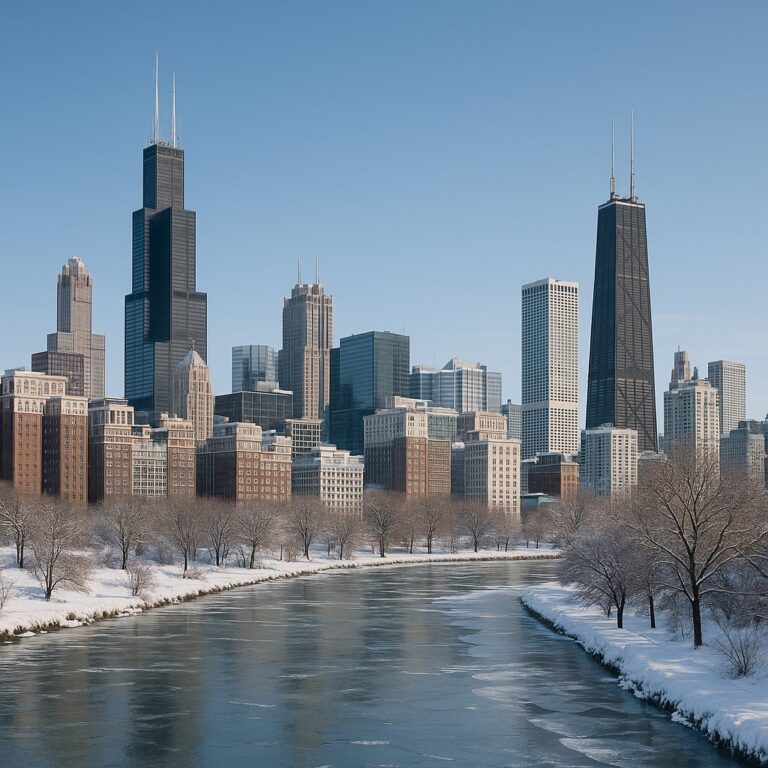
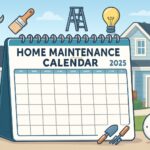
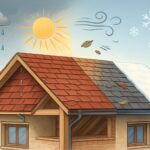
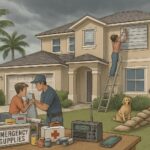
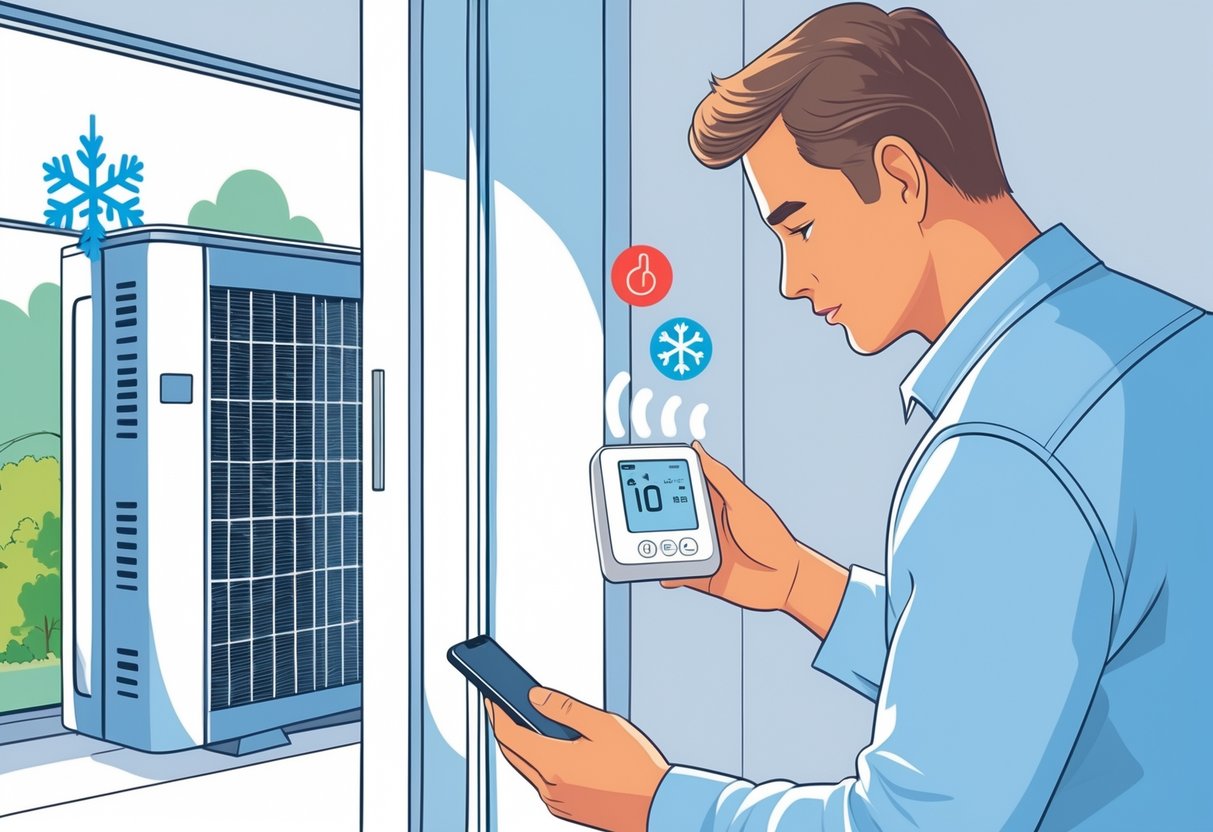

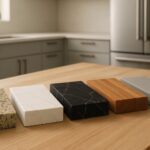
Leave a Reply